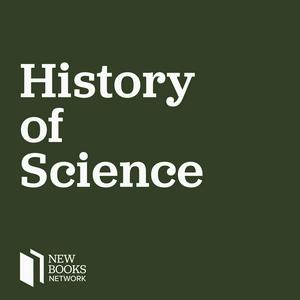Alice Lovejoy, "Tales of Militant Chemistry: The Film Factory in a Century of War" (U California Press, 2025)
The history of film calls to mind unforgettable photographs, famous directors, and the glitz and hustle of the media business. But there is another tale to tell that connects film as a material to the twentieth century's history of war, destruction, and cruelty.
This story comes into focus during World War II at the factories of Tennessee Eastman, where photographic giant Kodak produced the rudiments of movie magic. Not far away, at Oak Ridge, Kodak was also enriching uranium for the Manhattan Project--uranium mined in the Belgian Congo and destined for the bomb that fell on Hiroshima. While the world's largest film manufacturer transformed into a formidable military contractor, across the ocean its competitor Agfa grew entangled with Nazi Germany's machinery of war. After 1945, Kodak's film factories stood at the front lines of a new, colder war, as their photosensitive products became harbingers of the dangers of nuclear fallout.
Following scientists, soldiers, prisoners, and spies through Kodak's and Agfa's global empires, Alice Lovejoy links the golden age of cinema and photography to colonialism, the military-industrial complex, radioactive dust, and toxic waste. Revelatory and chilling, Tales of Militant Chemistry shows how film became a weapon whose chemistry irrevocably shaped the world we live in today.
Alice Lovejoy is author of the award-winning Army Film and the Avant Garde: Cinema and Experiment in the Czechoslovak Military. A former editor at Film Comment, she is Professor of film and media studies at the University of Minnesota.
Caleb Zakarin is editor of the New Books Network.
Learn more about your ad choices. Visit megaphone.fm/adchoices


